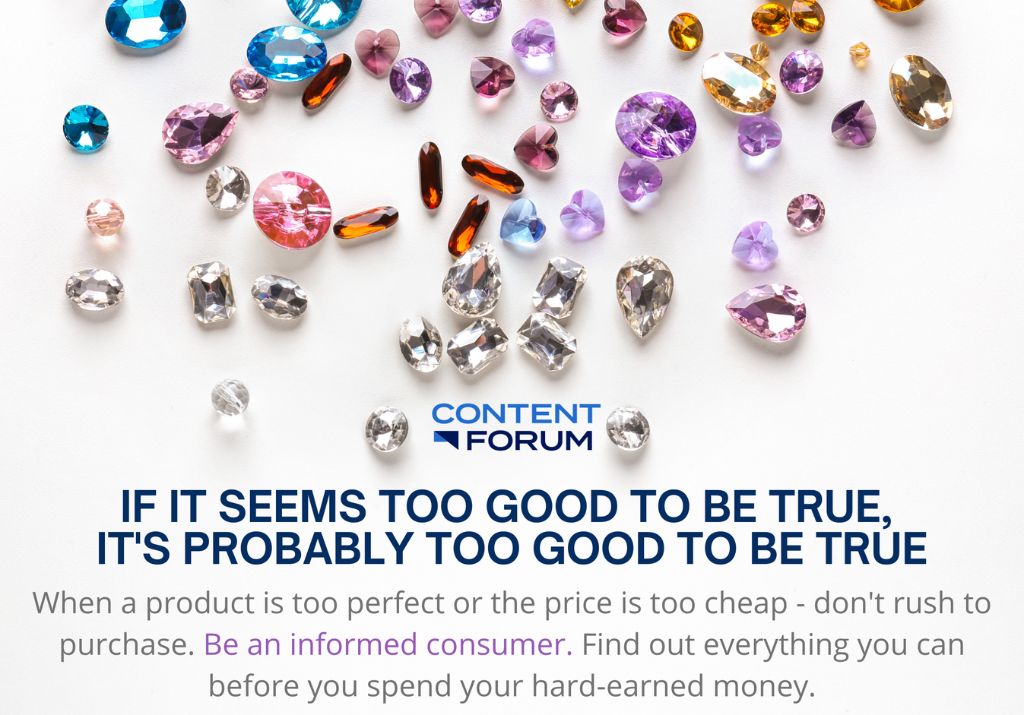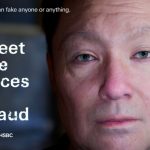The popularity of “cedok-cedok” sales, which are particularly common and popular among merchants on the video-sharing platform TikTok, may give way to an upsurge in online fraud cases.
In keeping with the viral fad, vendors randomly scoop goods from an assortment of random items, for example candies, trinkets and cosmetics products, and sell them to customers at various prices.
This is feared to result in fraudulent activities where customers do not get what they paid for or what was advertised. In many cases, customers find themselves stuck with items that are of little or no value and thus not worth the money they had spent.
Another issue with this practice is the uncertainty of the value of the goods, ambiguous descriptions and lack of clarity on product quality, which is against Islamic law.
Here are a few reasons why this trend is frowned upon by several Malaysian authorities:
1. Customers risk getting scammed when they partake in “cedok-cedok” sales
The Ministry of Domestic Trade and Consumer Affairs (KPDNHEP) has raised its concern over the “cedok-cedok” trend, stating that the customer has the right to know precisely what they’re paying for and what they’re getting.
Besides that, the Federation of Malaysian Consumer Affairs (FOMCA) deputy president Mohd Yusof Abdul Rahman said, “In sale and purchase transactions, the goods sold and their price should be specified.
“However, through this (‘cedok-cedok’ sales) trend, elements of fraud can occur, just like playing the claw machines. He added, “(Through this trend) The price and quantity of the goods are not clearly stated. Therefore, the quantity of goods the consumers will get depends on how much the items are scooped.”
Baskaran Sithamparam, the Senior Manager of National Consumer Complaint Centre (NCCC) believes consumers would be vulnerable to manipulation by unscrupulous merchants if they participated in this trend. He added, “Consumers may not know if the items are safe for consumption or even external use, as expiry dates are not known and items sold may not be certified by the regulatory bodies such as NRPA, SIRIM, etc.”
Baskaran further shared that NCCC received queries, on return and refund mechanism if the items sent are not the same or items have expired or damaged. “Unless measures are taken to address these issues, consumers will be placed in a blind spot,” he said.
2. Islamically, the “cedok-cedok” trend is haram (forbidden), as it contains elements that are prohibited by syarak (Islamic law)
According to the Mufti of the Federal Territory’s Office, this fad contains elements such as gharar (uncertainty), maisir (gambling) and denying the buyer’s rights of khiyar (choosing).
An element of gharar exists in every “cedok-cedok” transaction, where it is a sale in which the customer has no idea how much merchandise they will receive and whether or not it will be worth their money.
For this reason, retailers should at least meet consumers halfway by stating the minimum amount of goods that the buyer will receive if they were set on maintaining the current trend.
Religious authorities have recommended that members of the public refrain from engaging in such transactions and that sellers employ strategies that do not involve anything forbidden by Islamic law to ensure that any profits made are halal.
So, where does this stand regarding the Content Code 2022?
According to the Content Code 2022, which is a set of guidelines and best practices governing content in the electronic medium in Malaysia, content that contains false or incomplete information and is likely to mislead must be avoided.
Specifically in reference to general principles governing advertisements in Part 3 of the Content Code, all advertisements are expected to be legal, decent, honest, and truthful and shall not mislead consumers.
The Content Code further dictates that advertising content shall not cause the consumer to be misled by any inaccuracy, ambiguity, exaggeration, falsehood, omission or otherwise.
Even though the ‘cedok-cedok’ trend is only part of a marketing ploy to sell other products, this ‘sales strategy contains components of ambiguity in terms of price and number of goods sold.
Considering the fact that consumers are left in the dark about the nature and value of the products they are expected to receive in return for their hard-earned money, the “cedok-cedok” trend is more than likely to mislead customers as they pine for the products in the hopes that they receive more than they bargained for.
As such, the Content Forum urges all consumers to make informed purchases, and to avoid playing into marketing gimmicks that lack transparency in their sales, especially given the growing popularity of social media platforms being used by businesses.
Content Forum’s Executive Director, Mediha Mahmood said “Every social media platform, including TikTok, has Community Guidelines that they implement and enforce. TikTok’s Community Guidelines do not permit anyone to exploit their platform to take advantage of the trust of users and bring about financial or personal harm.
As such, they are committed to removing content that deceives people in order to gain an unlawful financial or personal advantage.”
“In the event that anyone out there detects vendors who are using unscrupulous means to cheat or mislead customers, they are encouraged to report it to the TikTok administrator via the reporting functions available. Self-regulation is a vital component in making sure social media platforms remain safe for all,” she added.
For more information about the Content Code 2022, please visit the official Content Forum website.
MARKETING Magazine is not responsible for the content of external sites.











